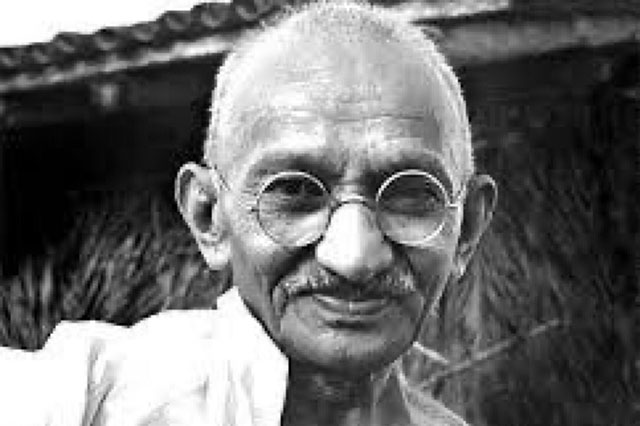Johannesburg – In the long odyssey of Mahatma Gandhi’s life, his 21 years in South Africa stand out.
Before becoming one of the 21st century’s towering figures as the icon of Indian independence, Gandhi lived in South Africa from 1893 to 1915.
As his ideas about colonialism evolved, he created the hallmark of his campaign of peaceful protest – the Transvaal March, which protested against a ban on Indian immigration.
Today, though, the physical legacy of Gandhi’s historic stay in South Africa is decaying for want of funds, his granddaughter says.
Now turned into a museum, the house in Phoenix, KwaZulu-Natal, where he lived and which housed his newspaper, is falling into disrepair.
Its turquoise paint is dulling, some windows are broken and the roof is leaking.
“If we allow the settlement to be dilapidated completely, his memory will be lost,” said Ela Gandhi, 82, who lives in near Durban.
Community work
She heads the Phoenix Settlement Trust, which manages the museum and provides food aid, temporary shelter and computer literacy classes to destitute people.
The Trust was for years bankrolled by the Durban municipality to keep his legacy alive. But it recently turned off the taps.
Gandhi’s granddaughter said the Trust’s activities helped ease tense relations between Phoenix’s residents, who are largely of Indian origin, and the predominantly black community of Inanda.
More than 30 people died in an outbreak of vigilante violence in Phoenix during the deadly July 2021 riots. Most victims were black South Africans.
“Until last year we were receiving some funds from the municipality to enable us to continue and grow our programmes; now it has stopped,” Gandhi said.
The town was providing ZAR40 000 a month before the funding ended.
The municipality did not respond to a request for comment.
Hundreds of thousands of Indians came to South Africa during British Colonial rule in the 19th century to work on sugarcane plantations on the east coast.
Gandhi landed in South Africa in his early 20s to represent an Indian businessman in a legal matter.
ALSO READ | Phoenix still scarred after deadly unrest
Gandhi was a “product of colonialism” who arrived believing “white colonial society was the embodiment of civilisation”, said Vishwas Satgar, an international relations professor at Wits University.
But South Africa changed him.
“He displayed something very important, that human beings are capable of transformation,” said Satgar.
Ela Gandhi said she was looking for alternative funding to keep the Trust going, but times were hard.
“It’s been a tough market to fundraise for historical sights post-pandemic,” said Sello Hatang, chief executive of the the Nelson Mandela Foundation.
In 2021 Liliesleaf, a farm that Mandela used as safe house, was forced to close its doors indefinitely after years of underfunding.
Preserving these sites “is no longer something donors feel is a priority,” said Hatang.
Follow African Insider on Facebook, Twitter and Instagram
Source: AFP
Picture: Twitter/@Somewhere_Life
For more African news, visit Africaninsider.com


